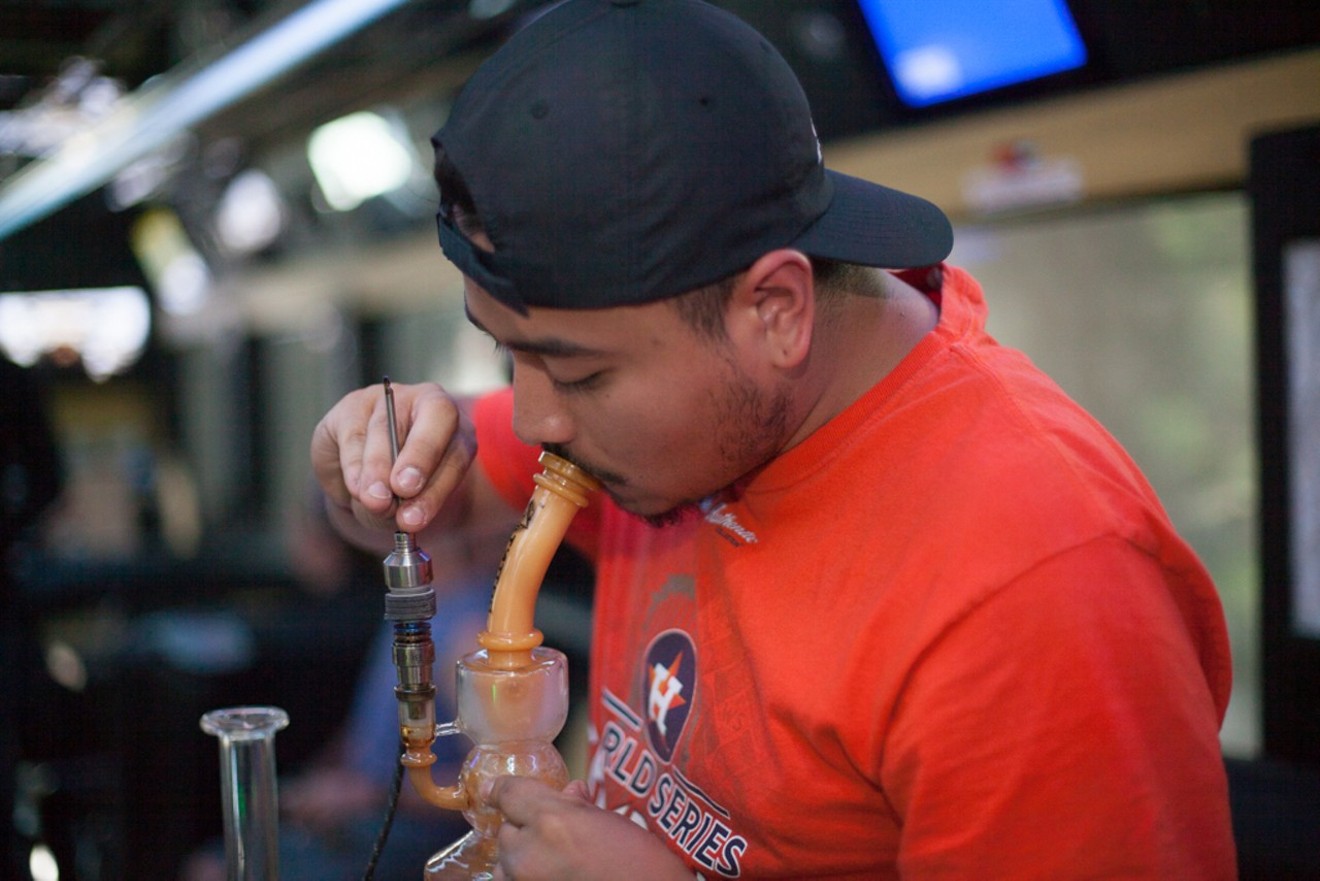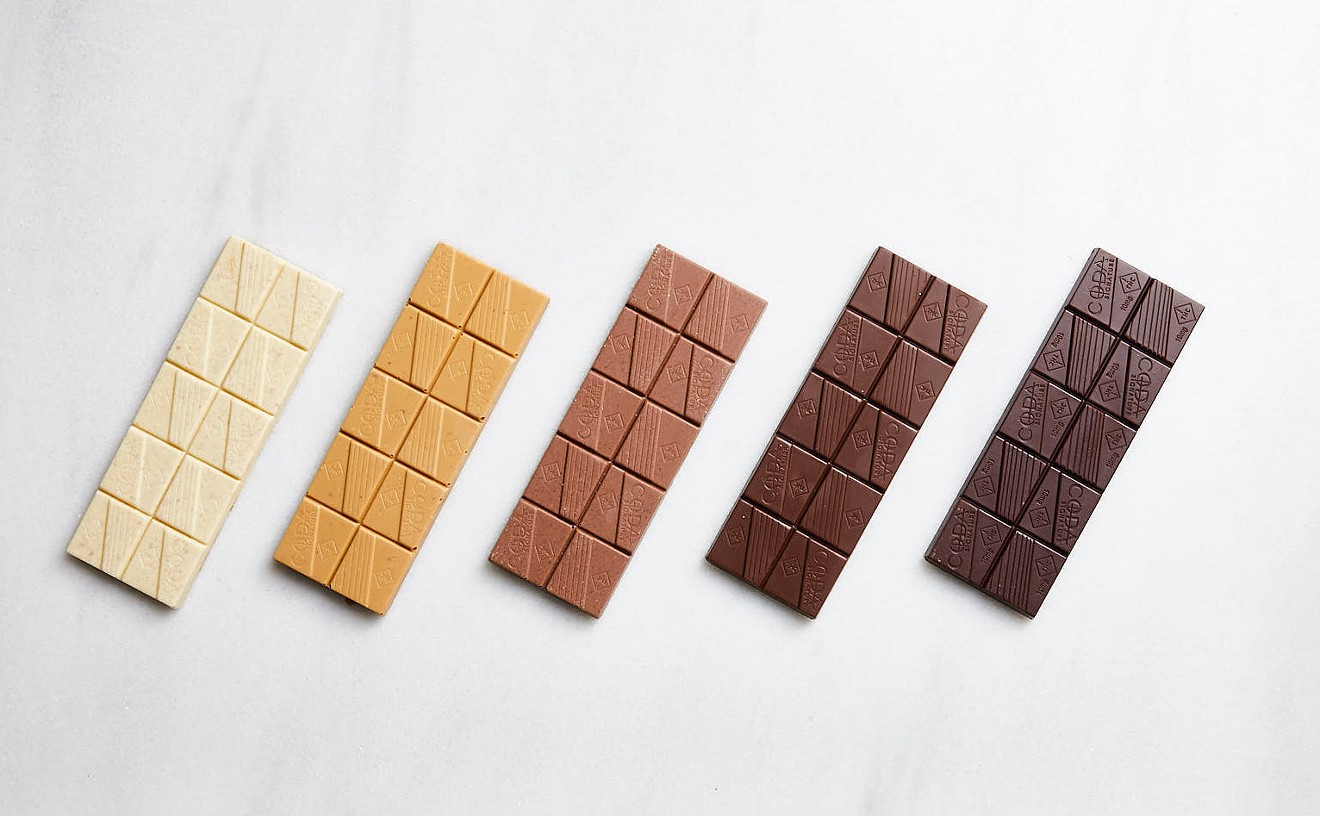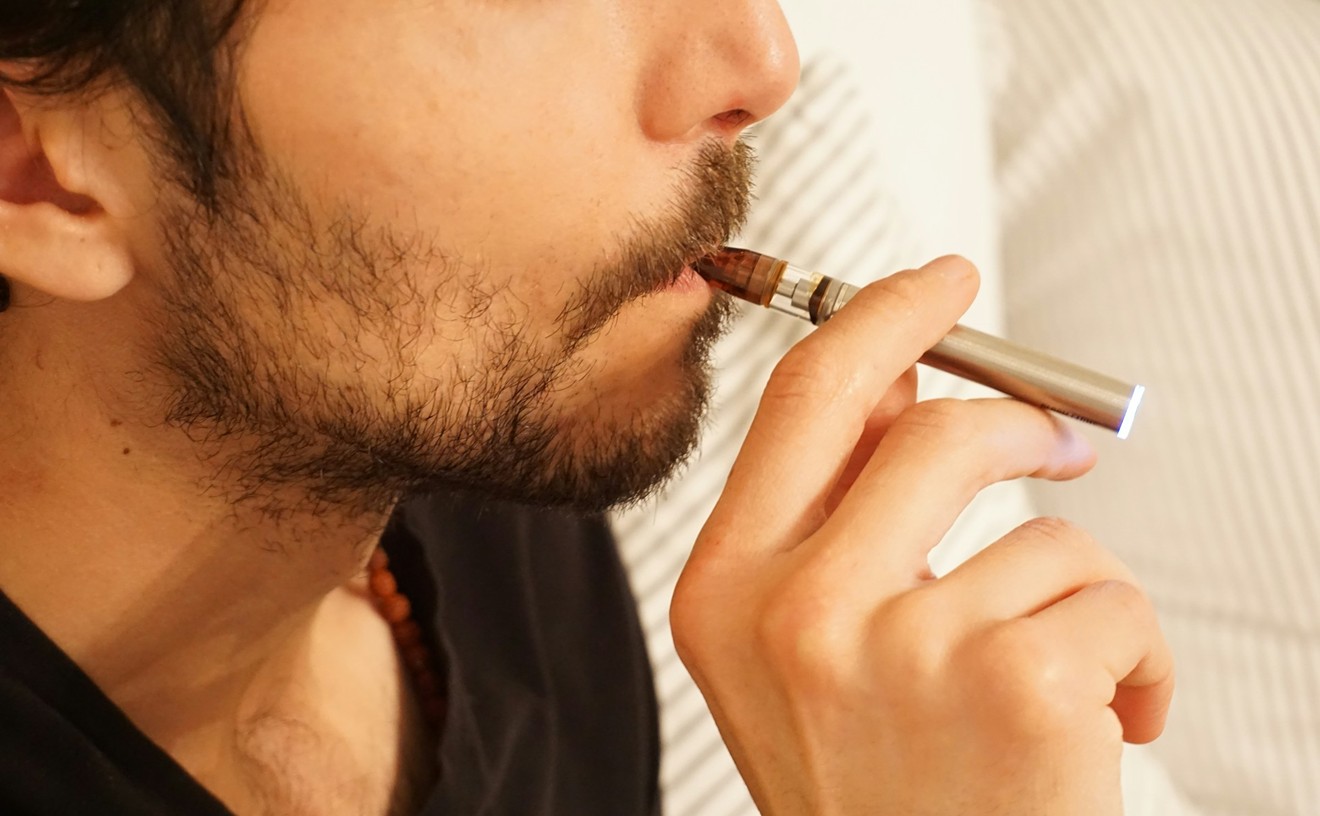University of Colorado Boulder professor Cinnamon Bidwell and her team of researchers have been trying to crack that code, using a mobile laboratory to study 121 regular users before, during and after smoking cannabis flower or concentrates by conducting tests around memory, balance and cognition. The findings, released in June, showed that although cannabis users were impaired up to an hour after consumption, the potency of products — ranging from 16 percent THC for flower to 90 percent for concentrates — didn't correlate with how stoned the participants scored.
We recently talked with Bidwell about the variables of cannabis intoxication, and just how accurate current roadside THC tests really are.
Westword: How big of a factor is THC tolerance when trying to figure out cannabis potency's effect on intoxication?
Cinnamon Bidwell: There is certainly a role for tolerance here, but it also begs the question about the THC levels in blood being so high. That likely did track with potency, and the concentrate users largely had more of a THC exposure. It's kind of hard to imagine simply building a tolerance to that level of THC, so there may be something biologically different for people who are drawn to those types of products, or even tolerate them to begin with.
How fast do users develop a tolerance for THC? Did you notice tolerances increasing among participants during the study?
The main question of the study was: Does level of impairment track with potency of products? To do that tolerance question, you have to track people over longer periods of time and while they are taking specific kinds of products, and those are exactly the kinds of questions we want to follow up this study with. Did anything change with concentrate users after a tolerance break, or a period of no use, less use or using a less potent product? Did anything change in terms of their response to cannabis? Were there withdrawal symptoms, or anything else we'd be worried about from a health-risk perspective?
Were the concentrate users already regular users to begin with? Did you ever see how flower users reacted to concentrates, or vice versa?
Because of the way cannabis research is done these days, in order to test products that are used in the real world, we have to assign products that they've already been exposed to. Concentrate users had to have already been exposed to concentrates, and the same for flower users, who couldn't be assigned to concentrates during the study.
One of the big things that stood out from a cognitive perspective was that there wen't a lot of indicators of impairment after use, even after the high-potency products. Indicators did show up, particularly recalling verbal memories that have been learned, like instructions they heard, but other forms of cognition like attention or even other forms of memory that didn't involve verbal information weren't impaired after use. We also detected a specific change in balance function that was acutely impacted after cannabis use — but for both of those indicating impairment measures, the results were the same regardless of using 15 percent flower, 24 percent flower, or 70 to 90 percent THC concentrates. Those domains were impacted, but there wasn't greater impairment from higher potency.

Cinnamon Bidwell (left) led a novel study on THC intoxication for the University of Colorado Boulder
Courtesy of the University of Colorado Boulder
I think we need to move beyond blood levels; our data really supports that. The 5-nanogram limit for roadside testing is problematic, because as you can see from our data, some of our regular users exceeded that level prior to use on a given day. It's not the best marker, whereas the change in balance we detected was something that, although subtle, was detectable after use. Something with a psychomotor or behavioral marker is a stronger indicator of actual recent use, and seems much more useful and accurate for public safety.
Did you learn anything about how we recover from THC impairment during the study?
With our data on verbal memory recall, we had two times points after use: immediately after and one hour after use — and that aspect didn't recover over the one-hour period. But the markers for balance, or how easily you can stand without sway, were worse immediately after use and improved an hour later. Does this actually link with driver worse or less safe? We didn't look at that in our study, but these are indicators to show that someone has recently used cannabis in a more accurate way than looking at their blood.
Do these sorts of conflicts exist with alcohol breathalyzers? Do blood-alcohol numbers on a breathalyzer necessarily mean the same intoxication for everyone?
Detecting alcohol is a bit cleaner. We have a really good sense of the partitioning of alcohol particles in breath and how they line up cleanly with blood-alcohol content, and there's strong data to show how those numbers link with behavioral impairment. We don't have a lot of those steps with cannabis, like the partitioning of THC to oxygen in breath, or how blood levels of THC actually link to behavioral impairment. There's so much less we know in those regards with cannabis.
What questions do you still want to answer now that you've opened this door?
The questions involving tolerance is something we're very interested in, as well as the long-term implications using higher-potency products. If people are getting this high exposure to THC over time and they're adjusting to it or their bodies aren't handling it, are there long-term consequences? We're interested in looking at the long term, and what happens to high-potency users when they take a break. We're hoping to extend our findings in the impact on driving and public safety, too, and having a reliable, ethical marker that can detect cannabis-related driving impairment.












